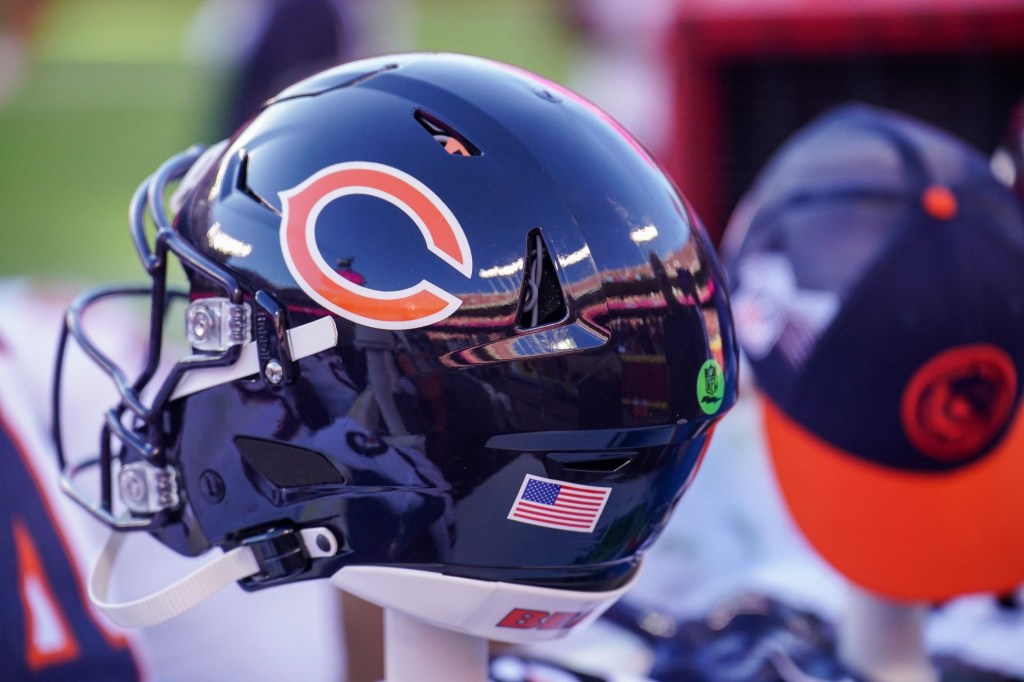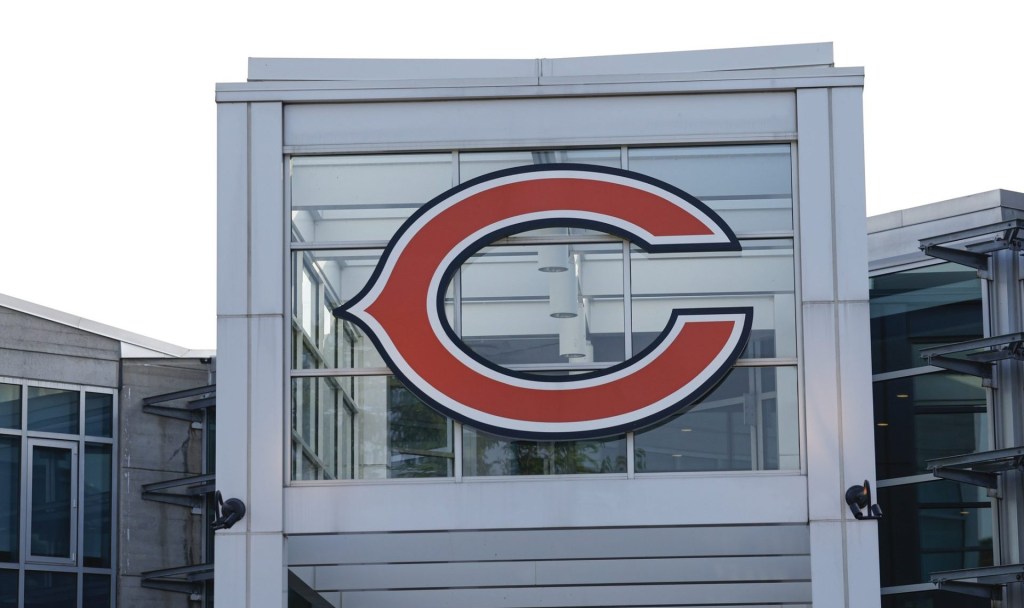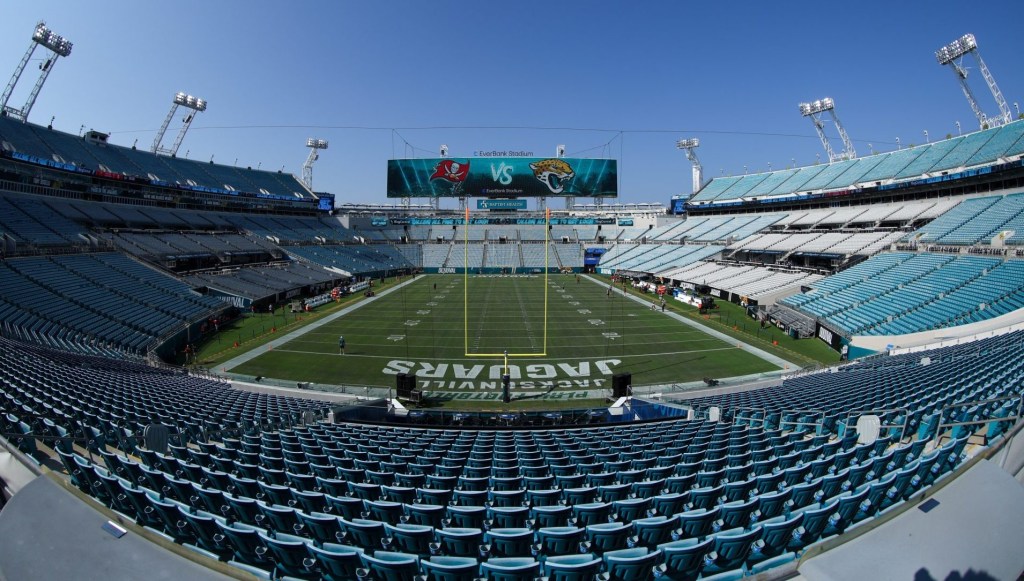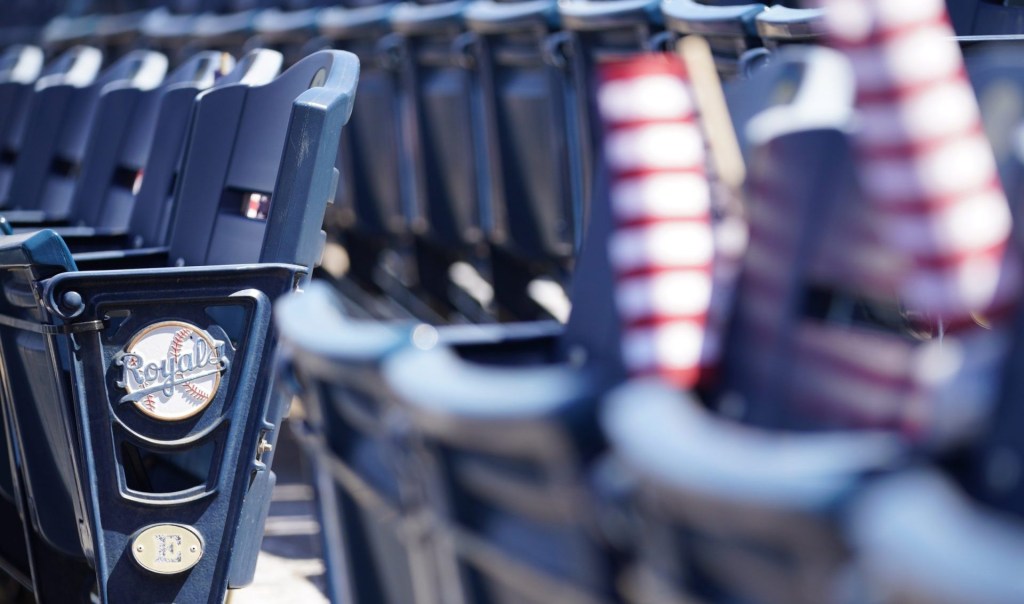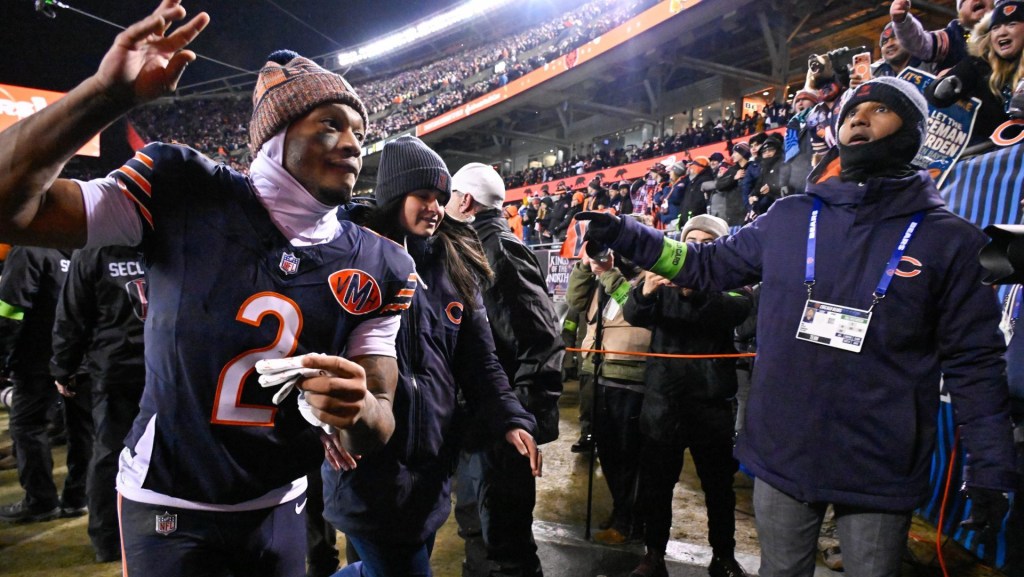The Rays and MLB are now adjusting to the team playing the 2025 season at George M. Steinbrenner Field in Tampa, and in the case of the schedule, literally so.
Less than two weeks after a deal was finalized for the Rays to play their home games next year at the Yankees’ spring training complex, MLB has changed two parts of the schedule to account for the outdoor locale. A home-and-home series with the Angels in April and August was flipped in which the earlier games will now happen in Tampa and the later ones in Anaheim, Calif. The same reversal was also done with a separate set of home-and-home series with the Twins in May and July.
The shifts now further concentrate the Rays’ 2025 home schedule to the very beginning and end of the season, when the likelihood of extreme heat and rain in Florida is lower. The Rays will now play 47 of their first 59 games overall at home, and then go on the road for 69 of the final 103.
The extreme nature of that schedule will no doubt put a premium on the team getting off to a strong start competitively. But in the club’s nearly three decades of play, it’s never played home games outside of a domed facility, and MLB said “these proactive schedule adjustments have been made to optimize the number of games played in the best weather conditions given the Rays’ transition to an outdoor ballpark.”
Steinbrenner Field is also the home facility for the Tampa Tarpons, a Yankees minor league affiliate. That club has had to deal with the vagaries of Florida weather playing outdoors, and with the Rays’ arrival next year, will shift to a back field at the Yankees’ complex.
Other planned modifications by the Rays at Steinbrenner Field include covering up much of the existing Yankees signage at the ballpark and potentially tweaking some game start times to avoid some of the worst of Florida’s rainy season.
Political Tension
Those activities, meanwhile, are happening while the relationship between the club and Tampa-area public officials continues to deteriorate. Earlier this week, Pinellas County, Fla., commission chair Kathleen Peters issued an ultimatum demanding the team detail in writing by Sunday its intentions on a proposed $1.3 billion stadium.
That stance closely follows both the county and city of St. Petersburg delaying votes to issue public-sector bonds covering nearly half of the stadium cost, and the retraction of an appropriation to replace the Tropicana Field roof shredded by Hurricane Milton.
Rays co-president Brian Auld responded to the county’s demand with a fairly noncommittal statement, saying, “We are eager to work with all partners on a solution for the 2029 season that keeps Major League Baseball in Tampa Bay for generations to come. As we always have, we will maintain contact with the city and county as we navigate our future.”
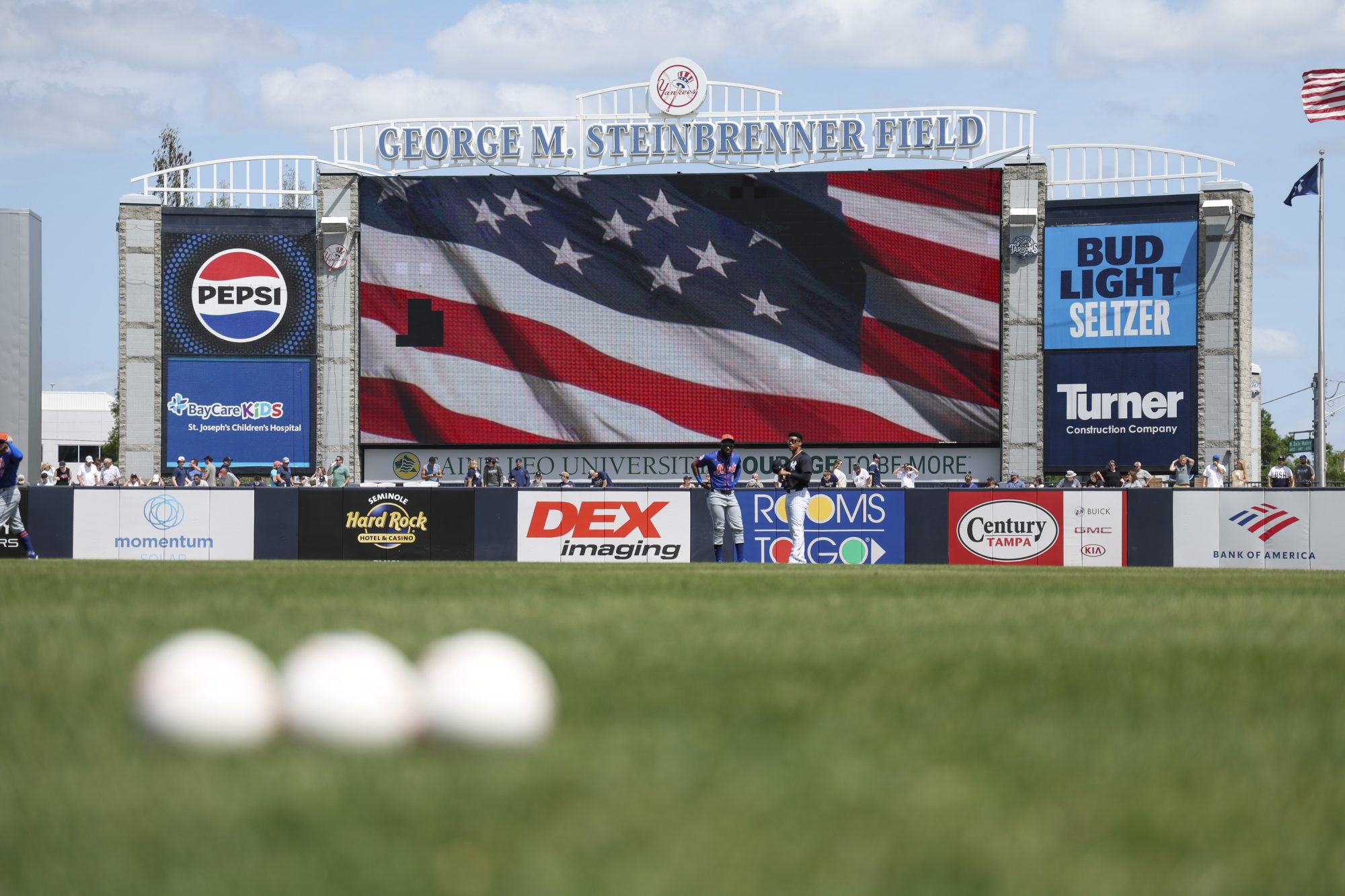
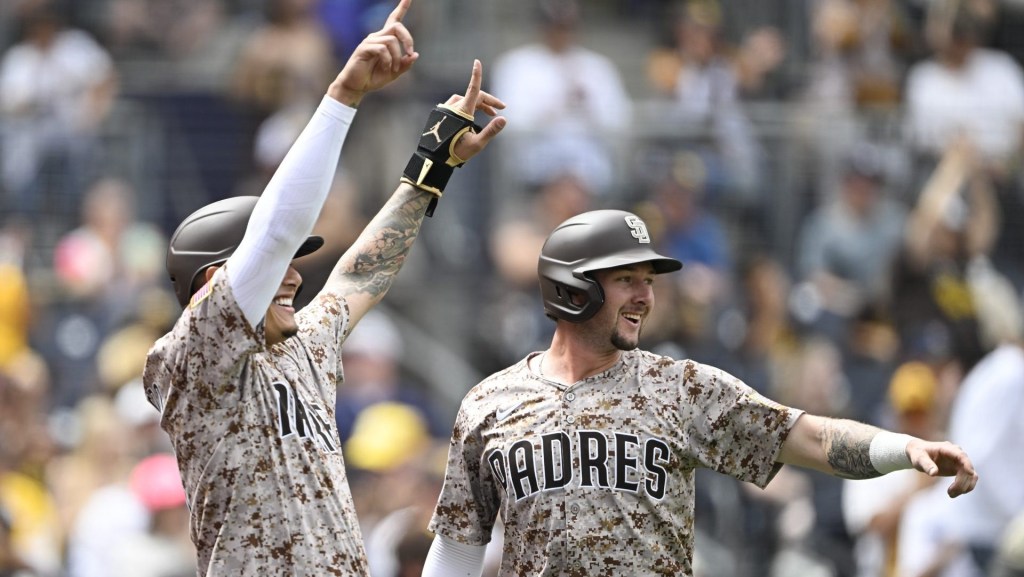
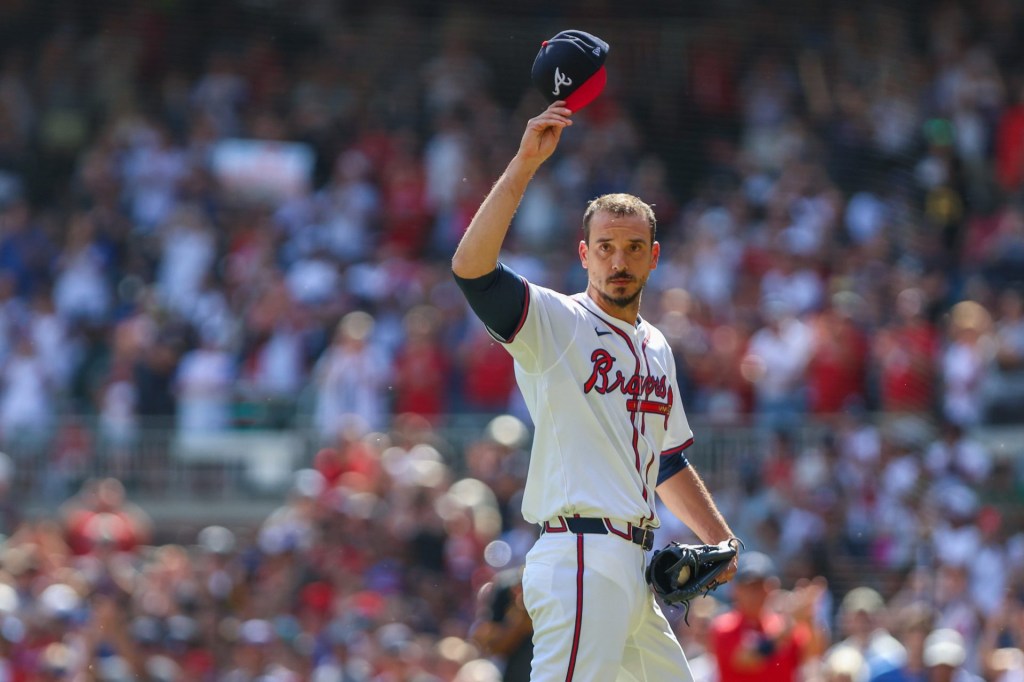
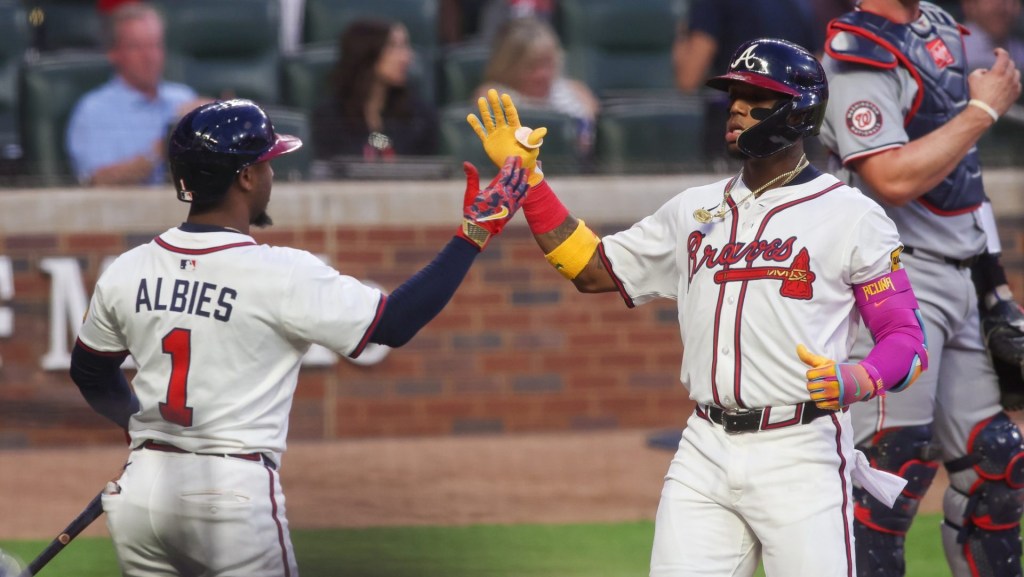
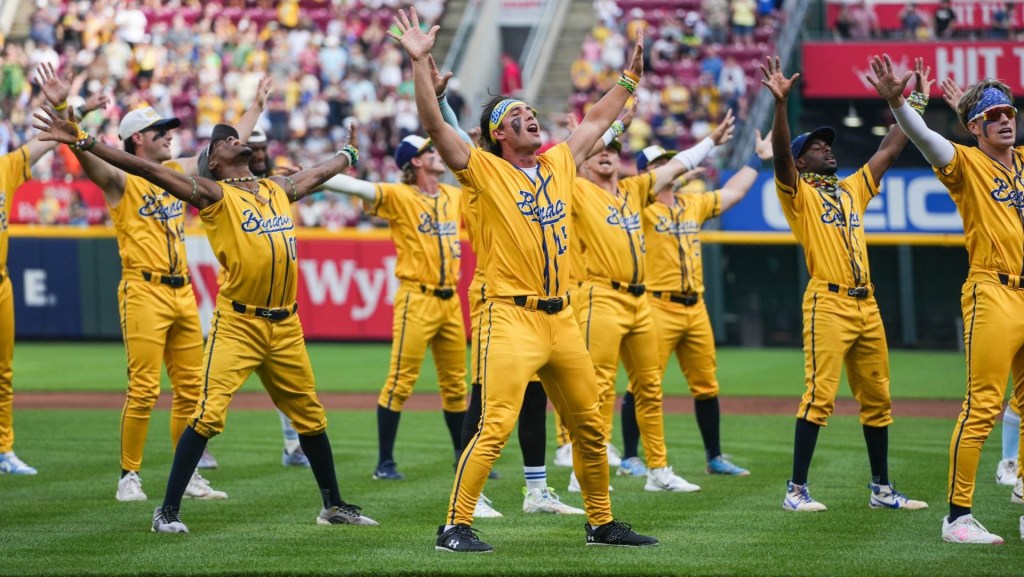

![[Subscription Customers Only] Jun 15, 2025; Seattle, Washington, USA; Botafogo owner John Textor inside the stadium before the match during a group stage match of the 2025 FIFA Club World Cup at Lumen Field.](https://frontofficesports.com/wp-content/uploads/2026/02/USATSI_26465842_168416386_lowres-scaled.jpg?quality=100&w=1024)
![[Subscription Customers Only] Jul 13, 2025; East Rutherford, New Jersey, USA; Chelsea FC midfielder Cole Palmer (10) celebrates winning the final of the 2025 FIFA Club World Cup at MetLife Stadium](https://frontofficesports.com/wp-content/uploads/2026/02/USATSI_26636703-scaled-e1770932227605.jpg?quality=100&w=1024)

